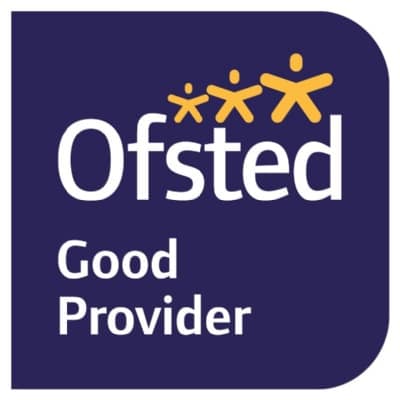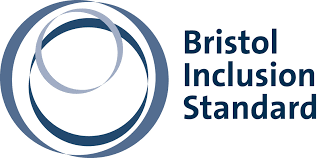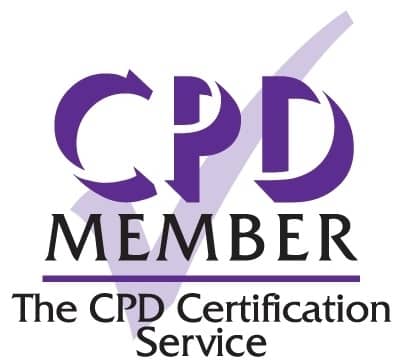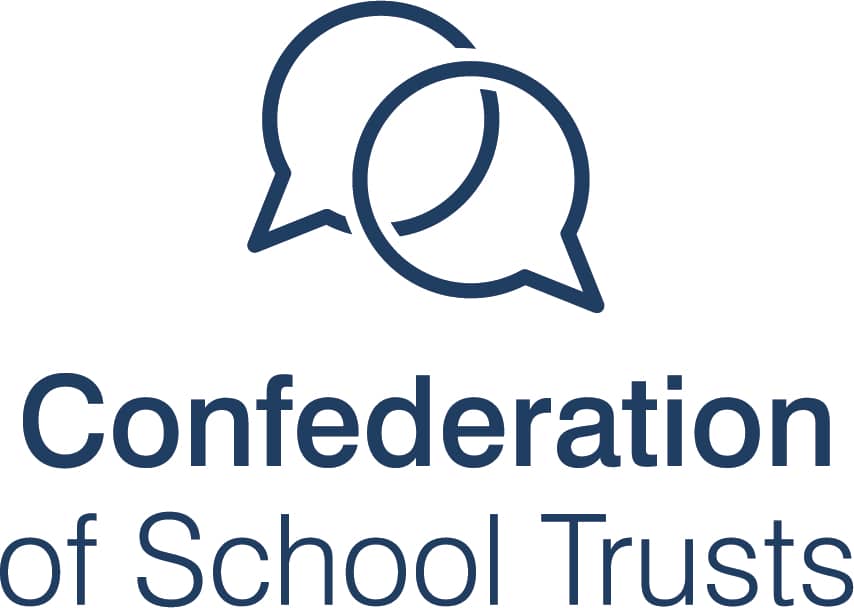English
Intent
The intent of the English curriculum in Secondary is to:
· Ensure pupils experience a broad range of fiction and non‑fiction texts while building on the knowledge and skills acquired at Key Stage 2, progressively developing analytical, evaluative and creative thinking skills and introducing secondary assessment objectives that prepare them for Functional Skills and GCSE English Language.
· Provide an ambitious and inclusive curriculum that supports pupils with SEND through deliberate structuring, scaffolding and accessibility while maintaining high academic challenge.
· Equip students with practical literacy and communication skills that foster independence, confidence and the ability to apply English effectively in everyday life and the workplace.
· Linked to EHCP outcomes by supporting communication development, literacy skills and the ability to access learning across the wider curriculum.
The curriculum aims to ensure that all students, regardless of need, can achieve highly, with many exceeding their expected progress and securing strong outcomes in both Functional Skills and GCSE English Language.
Implementation
The English curriculum in secondary is implemented through:
- A structured and sequenced programme across Key Stages 3 and 4 that builds the knowledge and skills required for successful progression initially through Talk for Writing to Functional Skills and GCSE English Language.
- A timetable of 4–5 one hour English lessons per week, supplemented by twice weekly tutored reading sessions to develop fluency, comprehension and confidence.‑hour English lessons per week, supplemented by twice‑weekly tutor‑led reading sessions to develop fluency, comprehension and confidence.
- Teaching approaches that support SEND learners, including retrieval practice, explicit instruction, scaffolded activities, and work at word, sentence and text level to gradually build complexity.
- A knowledge rich approach, with staff drawing on up to date pedagogy and ongoing CPD, ensuring delivery remains responsive, rigorous and aligned with exam specifications.‑rich approach, with staff drawing on up‑to‑date pedagogy and ongoing CPD, ensuring delivery remains responsive, rigorous and aligned with exam specifications.
- Practical, real life and purposeful opportunities for reading, writing, speaking and listening, especially within Functional Skills pathways.‑life and purposeful opportunities for reading, writing, speaking and listening, especially within Functional Skills pathways.
- Assessment that mirrors GCSE criteria from Year 7 to Year 11, enabling consistent progress tracking and maintaining high expectations across all year groups.
- Adaptations and differentiation that support accessibility without reducing challenge, ensuring all pupils can participate meaningfully and make progress.
Staff use a range of strategies and resources to ensure learning is engaging, accessible, and personalised.
Key Stage 3 Implementation (Years 7–9)
- The curriculum embeds the principles of Talk for Writing, using imitation, innovation and independent application to strengthen oral language and develop high quality writing.‑quality writing.
- Topics are linked to the six key assessment objectives and adapted from the national curriculum to meet the needs of learners with SEMH needs.
- Pupils study a range of engaging and challenging text types to build strong foundations for KS4.
Key Stage 4 Implementation (Years 10–11)
- Schemes of work focus on developing planning, drafting, writing and editing skills.
- Functional Skills pathways develop practical literacy skills for everyday life.
- GCSE English Language provides opportunities to analyse, evaluate and produce detailed written responses across a range of genres.
- Students work towards mastery of AOs 1–6, developing critical understanding, language analysis and effective communication.
Impact
The impact of the English curriculum is demonstrated by:
- Strong progress from pupils’ individual starting points, shown through consistent assessment against GCSE aligned criteria.‑aligned criteria.
- Increased confidence, independence and willingness to engage in reading, writing and communication tasks.
- High quality outcomes evidenced through routine work sampling, where effective feedback and embedded purple pen reflection support clear improvements in pupil work.‑quality outcomes evidenced through routine work sampling, where effective feedback and embedded purple‑pen reflection support clear improvements in pupil work.
- Transferability of skills into real life contexts, particularly through Functional Skills pathways.‑life contexts, particularly through Functional Skills pathways.
- Achievement of EHCP outcomes related to communication, literacy and emotional regulation.
- Preparation for further education, employment and adulthood through strengthened literacy and improved self expression.‑expression.










